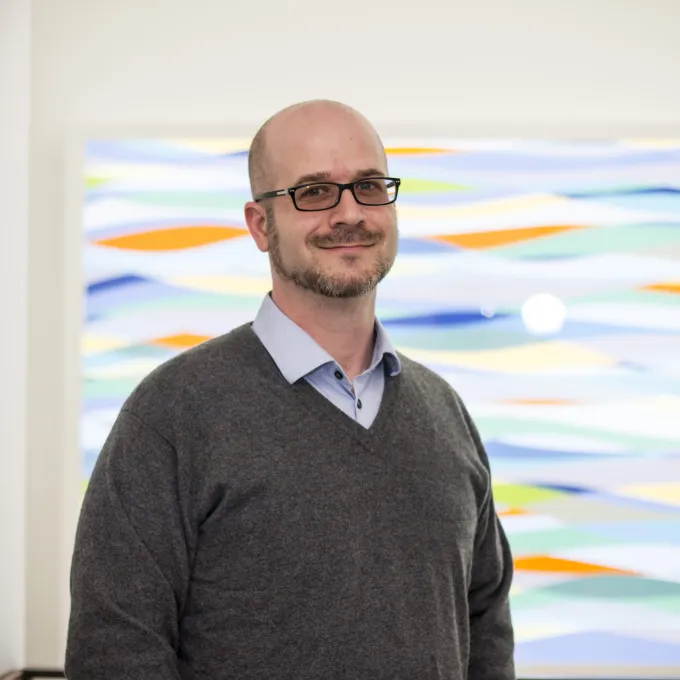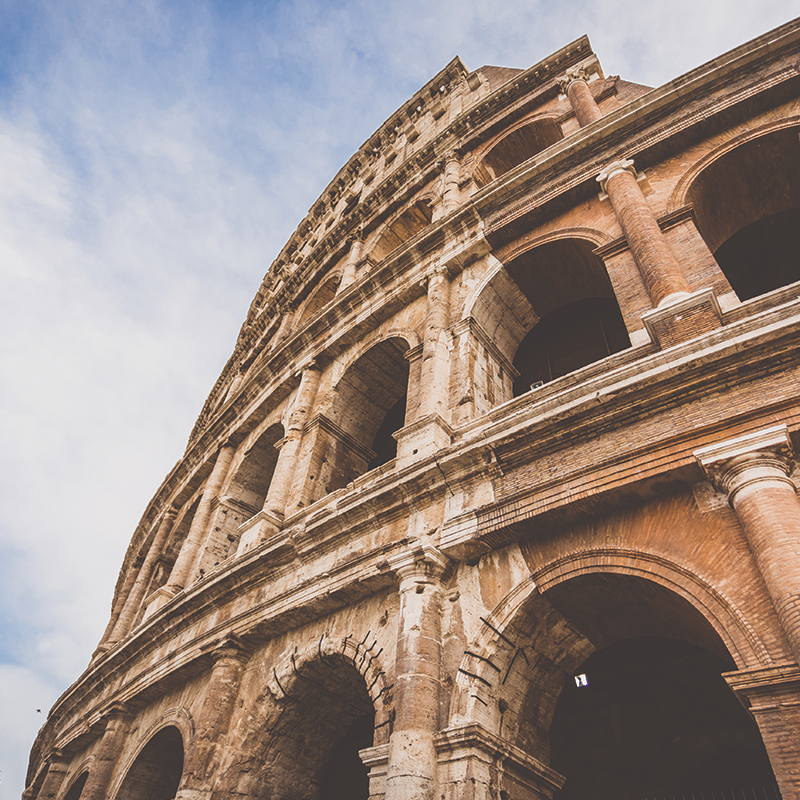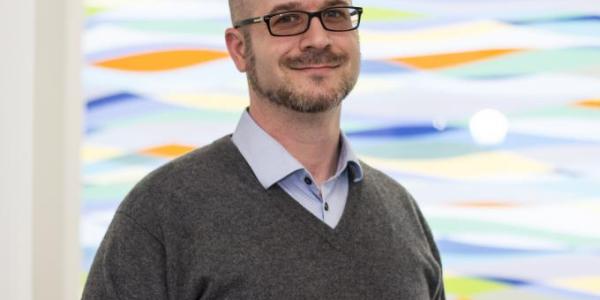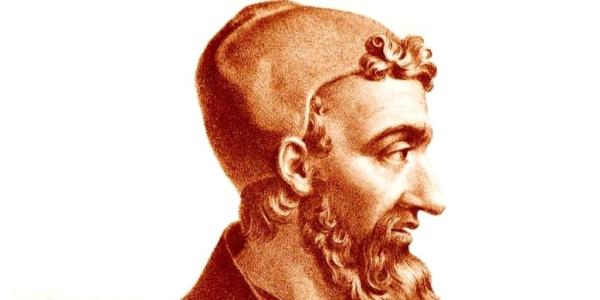https://classics.wustl.edu/xml/faculty_staff/11756/rss.xml
Luis Alejandro Salas' research and teaching interests lie primarily in Greek and Roman medicine, philosophy, and intellectual history.
Salas's work focuses on the ways in which philosophical ideas and polemic influence their medical counterparts from the Hellenistic period through the second century CE, especially in the work of Galen of Pergamum (129-216 CE). Luis also maintains an interest in Aristotelian psychology and Philosophy of Language. Luis took his PhD in Classics and an MA in Philosophy from the University of Texas at Austin, in the Joint Program in Ancient Philosophy. Professionally, he is committed to promoting the importance of medical history and the history of philosophy to contemporary medicine and the humanities. He is the associate editor of APEIRON, an international journal for the history of science and philosophy.
Salas is the author of Cutting Words: Polemical Dimensions of Galen's Anatomical Experiments (Leiden: Brill, 2020). In it, he offers a new account of Galen’s medical experiments in the context of the high intellectual culture of second-century Rome. The book explores how Galen’s written experiments operate alongside their live counterparts. It argues that Galen’s experimental writing reperforms the licensing functions of his live demonstrations, acting as a surrogate for their performance and in some cases an improvement upon it.
Salas has also published various articles on the history of Greek and Roman medicine.
He is currently working on an article about prehension as an underlying taxonomical principle in the comparative anatomical claims of Greco-Roman anatomists.
recent courses
Ancient Greek and Roman Medicine (CLASSICS 3800)
This course introduces students to the practice and theory of medicine in the ancient Mediterranean, beginning in Egypt and continuing through Greece and Rome. It ends in the Middle Ages. Greco-Roman medicine will be our focus. How was disease understood by practitioners and, as far as can be reconstructed, by laypeople? What form did surgical, pharmacological, and dietitic treatment take? What were the intellectual origins of Greek medicine? The social status of medical practitioners? How was medicine written and in what terms did its practitioners conceive it?
Ancient Greek and Roman Gynecology (CLASSICS 4701/5701)
This course examines gynecological theory and practice in ancient Greece and Rome, from about the 5th century BCE to the 3rd century CE. The task is complicated by the nature of our evidence. Our surviving textual sources are authored exclusively by men, mainly physicians. They have a pronounced tendency to conceptualize the health and disease in terms of a single body, which was male by default. They distinguished female bodies from male primarily in reproductive aspects. How exactly did these physicians understand diseases of women and, as far as can be recovered, to what extent were their views represented among laypeople? What form did treatment take and what was the social status of practitioners, both that of our extant sources and female practitioners whose voices have largely been silenced by the textual tradition? We will approach the study of Greek and Roman gynecology, first from the perspective of Greco-Roman medical views, then from the point of view of contemporary Western biomedicine. The limited nature of our sources will allow students to read the majority of surviving material. These primary readings will be accompanied by current secondary scholarship that explores these fascinating and often frustrating questions about the female body in ancient medical thought. All primary materials will be available in English translation. There will be an option for students with a background in Greek or Latin to form a satellite reading group. The course does not assume familiarity with Greek and Roman medicine more broadly.
Plato
An examination of some of Plato's most important dialogues, typically including the Gorgias, Phaedo, and Republic, with the aim of grasping the development of Plato's most influential thoughts in ethics and in metaphysics and epistemology. In order to provide both historical understanding and philosophical evaluation, attention will be paid to the context and structure of the dialogues and to the best of recent secondary literature.
Seminar: Imperial Greek Literature (GREEK 5410)
Greek literature during the Roman Imperial period regularly defines itself in retrospective terms: antiquarianism, Atticism, and philological acumen were arenas in which proper understanding and control of the Greek past contributed to the cultural weight of present intellectual activity, all under the shadow of Imperial rule. This course will provide a thematic selection of Imperial Greek authors (1st-3rd centuries CE) along with associated secondary scholarship. Beyond facility with the course content, this seminar aims to train students further in academic writing and presentation. Authors may include Aelius Aristides, Athenaeus, Dio Chrysostom, Diogenes Laertius, Epictetus, Galen, Heliodorus, Longus, Lucian, Marcus Aurelius, Pausanias, Plutarch, and Sextus Empiricus
From our podcast:

Cutting Words: Polemical Dimensions of Galen’s Anatomical Experiments
By Luis Alejandro Salas (Classics)
Faculty Fellow, Spring 2019
In Cutting Words: Polemical Dimensions of Galen’s Anatomical Experiments, Luis Alejandro Salas offers a new account of Galen’s medical experiments in the context of the high intellectual culture of second-century Rome. The book explores how Galen’s written experiments operate alongside their live counterparts. It argues that Galen’s experimental writing reperforms the licensing functions of his live demonstrations, acting as a surrogate for their performance and in some cases an improvement upon it. Cutting Words focuses on the philosophical targets and theoretical stakes of four case studies: Galen’s experiments on voice production, the bladder, the heart, and the femoral artery. It ends over a millennium later with Vesalius, who adapted his Greek predecessor’s writing in his own anatomical work, framing himself as a new Galen and so securing Galen’s legacy of writing.

